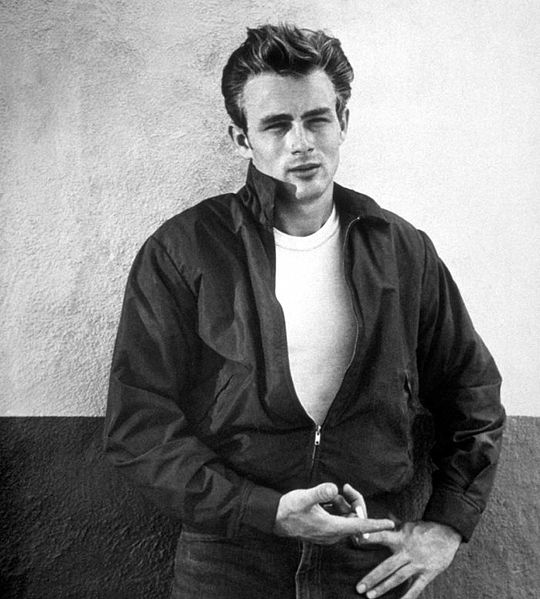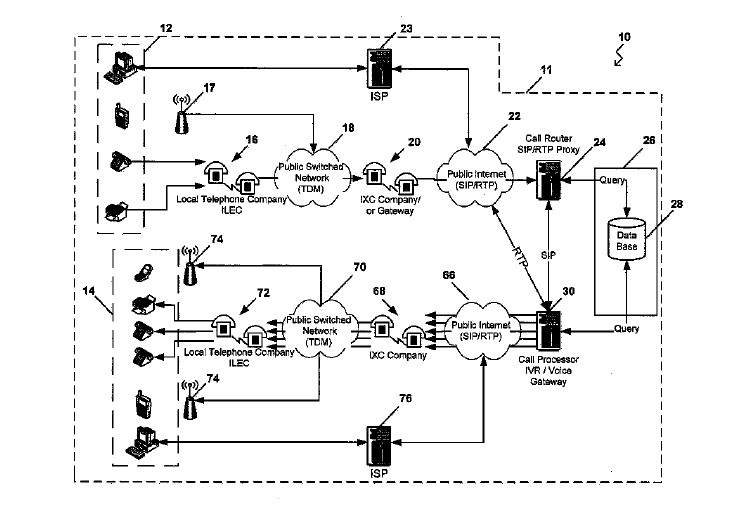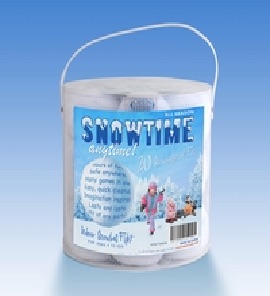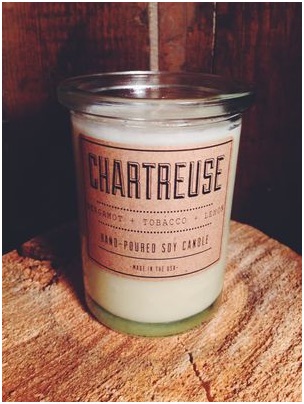Indianapolis, Indiana – An Indiana trademark attorney for Noble Roman’s, Inc. of Indianapolis, Indiana sued in the Southern District of Indiana alleging that B & MP, LLC (which was dissolved in 2011) and Leslie Perdriau of Apple River, Illinois (collectively, “B & MP”) infringed the trademark Noble Roman’s, Registration No. 987,069, as well as the trademark, The Better Pizza People, Registration No. 1,920,428. Noble Roman’s also lists a design mark, Registration No. 1,682,308 in its complaint. All of the marks have been registered by the U.S. Trademark Office.
infringed the trademark Noble Roman’s, Registration No. 987,069, as well as the trademark, The Better Pizza People, Registration No. 1,920,428. Noble Roman’s also lists a design mark, Registration No. 1,682,308 in its complaint. All of the marks have been registered by the U.S. Trademark Office.
Noble Roman’s is in the business of franchising the operation of Noble Roman’s pizza franchises that feature pizza, breadsticks, and other related food items to various franchisees throughout the world. Noble Roman’s has used its trademarks, among them “Noble Roman’s” and “The Better Pizza People,” registered in 1974 and 1995, respectively, in commerce in connection with marketing, identifying, and promoting its pizza franchises.
On or about March 16, 2010, Noble Roman’s and B & MP entered into two franchise agreements. Under the terms of the agreements, B & MP became a franchisee of Noble Roman’s licensed and authorized to sell “Noble Roman’s” and “Tuscano’s” branded food products using Noble Roman’s intellectual property assets. These agreements included terms relating to the accurate reporting of sales and timely payment of franchise and other fees.
B & MP is accused of failing to pay royalties as required under the agreement and of misreporting sales, among other things. Noble Roman’s contends that B & MP purposely, intentionally and knowingly misreported its sales to Noble Roman’s for the purpose of avoiding payment of franchise fees and/or royalties which were due.
Noble Roman’s also states that B & MP used the Noble Roman’s trademarks in connection with the sale of non-Noble Roman’s pizza and other menu items and that such use of the trademarks was without the authorization or consent of Noble Roman’s. Those acts were asserted to constitute trademark infringement, in violation of 15 U.S.C. § 1114(1), as well as a false designation of origin in violation of 15 U.S.C. § 1125.
Although the complaint lists two Defendants, Noble Roman’s states that Defendant B & MP was involuntarily dissolved in 2011 and that Defendant Leslie Perdriau succeeded to its obligations.
The complaint, filed by an Indiana trademark lawyer, lists the following:
• Count One (Trademark Infringement)
• Count One [sic] (Breach of Contract)
• Count Two (Fraud)
Noble Roman’s asks for judgment in its favor in amount to be proven at trial, together with interest, punitive damages, costs of collection and reasonable attorneys’ fees.
Practice Tip: Noble Roman’s has been particularly aggressive in enforcing franchise agreements. Since 2007, it has also filed the following suits in the Southern District of Indiana:
September 5, 2012 – NOBLE ROMAN’S, INC. v. VILLAGE PANTRY
March 17, 2011 – NOBLE ROMAN’S, INC. v. FINDLAY TIFFIN OIL, LLC and AYMAN MAGDADDI
January 27, 2011 – NOBLE ROMAN’S INC. et al. v. BRABHAM OIL COMPANY and BRABHAM OIL COMPANY
October 9, 2009 – NOBLE ROMAN’S, INC. v. CITY CENTER FOOD CORP., INC.
August 31, 2009 – NOBLE ROMAN’S INC. v. W.J. INTERNATIONAL GROUP, LLC
July 17, 2009 – NOBLE ROMAN’S, INC. v. MARDAN, INC.
July 8, 2009 – NOBLE ROMAN’S, INC. v. RENTON WILLIAMS
April 21, 2009 – NOBLE ROMAN’S, INC. v. RICHARD A. GOMES and RRCM FOODS, INC.
April 2, 2009 – NOBLE ROMAN’S, INC. v. KANDAKAR ALAM
February 17, 2009 – NOBLE ROMAN’S, INC. v. EXPRESS LANE, INC.
February 10, 2009 – NOBLE ROMAN’S, INC. v. JJP&L, LLC
November 6, 2008 – NOBLE ROMAN’S, INC. v. PARDIS & ASSOCIATES, INC.
October 24, 2008 – NOBLE ROMAN’S, INC. v DELTA PROPERTY MANAGEMENT LLC, ZACK BROTHERS TRUCK STOP, LLC and STANDARD PETROLEUM CORP.
October 6, 2008 – NOBLE ROMAN’S INC. v. JAY’S GAS LLC
April 9, 2008 – NOBLE ROMAN’S, INC. v. SHAHRAM RAHIMIAN
March 17, 2008 – NOBLE ROMAN’S, INC. v. MEDALLION CONVENIENCE STORES, INC.
December 20, 2007 – NOBLE ROMAN’S, INC. v. MICHAEL J. BRUNSWICK, LAURIE BRUNSWICK, and M&L RESTAURANTS, LLC
September 17, 2007 – NOBLE ROMAN’S, INC. v. THE FRENCH BAGUETTE, LLC et al.
July 26, 2007 – NOBLE ROMAN’S, INC. v. MR. RON’S, L.C.
July 19, 2007 – NOBLE ROMAN’S INC. v. BAUER BUILT, INC. et al.
Continue reading
 of several Courts of Appeals in four intellectual property disputes. The cases included two patent cases (regarding joint-infringement liability and indefiniteness invalidity), a copyright case (concerning public performances), and a case which may have implications under trademark law (whether a Lanham Act claim is barred by the Food Drug and Cosmetic Act).
of several Courts of Appeals in four intellectual property disputes. The cases included two patent cases (regarding joint-infringement liability and indefiniteness invalidity), a copyright case (concerning public performances), and a case which may have implications under trademark law (whether a Lanham Act claim is barred by the Food Drug and Cosmetic Act). 



 Wauwatosa, Wisconsin (“Ruehl”) and PC Ruehl Engineering, Inc. of Wisconsin (“PC Ruehl”) filed patent infringement litigation in the
Wauwatosa, Wisconsin (“Ruehl”) and PC Ruehl Engineering, Inc. of Wisconsin (“PC Ruehl”) filed patent infringement litigation in the  Indiana sued in Indiana state court alleging that
Indiana sued in Indiana state court alleging that  At issue in this patent litigation are the respective intellectual property rights of One Number and Google in single-phone-number telephone services. Such services allow a phone call made to one number to be transferred to multiple other phone numbers.
At issue in this patent litigation are the respective intellectual property rights of One Number and Google in single-phone-number telephone services. Such services allow a phone call made to one number to be transferred to multiple other phone numbers. infringed either of two Attachmate software works titled “EXTRA!” and “Reflection”, Copyright Registration Nos.
infringed either of two Attachmate software works titled “EXTRA!” and “Reflection”, Copyright Registration Nos.  Kresnak and
Kresnak and  infringed the trademark Noble Roman’s, Registration No.
infringed the trademark Noble Roman’s, Registration No.  Castle, Indiana (“KM”) filed a lawsuit in the
Castle, Indiana (“KM”) filed a lawsuit in the  Indiana (“Chartreuse”) filed a lawsuit in the
Indiana (“Chartreuse”) filed a lawsuit in the